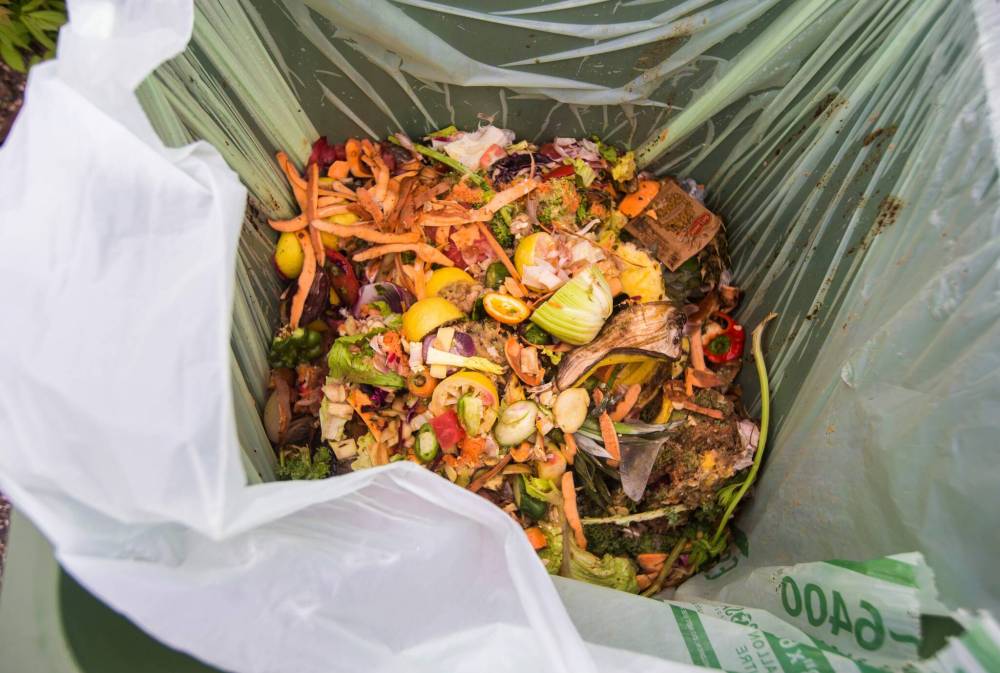
President Bola Tinubu on Sunday, May 26, 2024 flagged off the seven hundred kilometreLagos-CalabarCoastal Highway. The superhighway will connect nine states, beginning from Victoria Island in Lagos, to Ogun, Ondo, Edo,Delta Bayelsa Rivers, Akwa Ibom and terminate in Calabar, the Cross River State capital. The project is being executed by Hi- Tech Construction Company Limited, a globally recognized outfit which has delivered outstanding and quality works in Nigeria in the past.
President Tinubu said at the flag off ceremony that the ambitious project will generate direct employment for millions of Nigerians and benefit over 30 million people across the country. According to the President, the project, which is in line with the Renewed Hope Agenda, will enhance value and harness Nigeria’s abundant resources. The superhighway project, represents a crucial step in Nigeria’s efforts to enhance connectivity, facilitate economic growth and improve the quality of life for Nigerians.
This project is more than just a road, it’s a symbol of hope, unity, and prosperity. It will connect communities in nine states, foster trade and commerce, boost tourism and create new opportunities for generations to come The highway is to be directly linked to the Lekki Free Trade Zones , the Lekki Deep Seaport, and the Dangote Refinery and Petrochemicals Limited. The idea for a major coastal federal road in Nigeria was said to have been first conceptualized in 1955 by the then Federal Commissioner of Finance, late Chief Festus Okotie-Eboh.
It remained just a concept until the fourth republic when former President Olusegun Obasanjo started the Warri- Calabar portion of it which is now known as the East-West road. Former President Goodluck Jonathan, through Niger Delta Development and Commission (NDDC) awarded the Koko-Ogheye-Epe road to Levant Construction Ltd in 2010. The project didn’t attract the attention of his successor, Muhammadu Buhari.
President Tinubu made the Lagos- CalabarCoastal Highway a major campaign issue and should be commended for keeping his promise. What you should know is that the Lagos-Calabar CoastalHighway project was awarded to Hitech Construction Company Limited on an Engineering, Procurement, Construction, and Financing (EPC+F) arrangement, where the bulk of the risk falls on the contractor, and the Federal Government provides counterpart funding. The first phase of the coastal road, which represents a strategic investment in the country’s infrastructure, covers 47.
47 kilometres dual – carriageway of five lanes on each side and a train track in the middle. The Minister of Works Senator Dave Umahi while touring the project on Tuesday the eighth of October commended Hi- Tech for the pace and quality of work being done. He expressed confidence in the ability of the company to meet the May 2025 deadline set for the completion of the first phase.
The second phase of the road is designed to extend approximately 55 kilometres from the Lekki Deep Seaport—where the first section ends—to the boundary between Ogun and Ondo states. This phase has received approval from the Bureau of Public Enterprises (BPE). Furthermore, other segments of the highway will be constructed independently, including a segment extending from Port Harcourt in Rivers State to Bayelsa State and another from Delta State to Ondo State.
The Lagos-Calabarcoastal road project is a significant infrastructure initiative aimed at enhancing transportation networks along the southern coastline. This courageous and gigantic project holds the potential for unlocking the hidden productivity of the country’s coastalregions and hinterlands, improving the transportation infrastructure, reducing travel time, lowering transportation costs, and enhancing market access for businesses of all sizes. This, in turn, will spur investment, stimulate trade, and catalyze economicdiversification.
Moreover, by integrating remote communities into national and regional supply chains, the Lagos-Calabar coastalroad has the potential to bridge the rural-urban divide, and foster inclusive development and reduce income disparities. The road, when completed, has the potential to increase Nigeria’s GDP and trigger industrialisation, create trade, enhance the transportation of goods and services, and safety of road users. The road is going to be the biggest super highway in Africa in terms of the structure and solidity as well as utility value.
It is going to attract foreign direct investment to Nigeria. When completed, the 700km -long coastalhighway will also enter the world record books among iconic coastalroutes like the Wild Atlantic Highway in Ireland and the Pacific Coastal Highway in the United States. Economic analysts have revealed that the completion of the first phase of the project alone could increase the size of Lagos State economy by 50 per cent because of the connection to the Lekki Deep Seaport and the Lekki EconomicCorridor where the Dangote Refinery and Petrochemical Complex is situated alongside other multinational industries.
One of the fascinating and interesting features of the coastal road is how it will compress the distance between Lagos and Ondo states. For instance, the distance from Ibeju-Lekki in Lagos to Araromi in Ondo State is about 50km along the coast. This distance translates to about an hour journey.
From Araromi to Ore, a major connecting hub in Ondo State is about another 50km, whereas the existing route from Ibeju-Lekki to Ore currently in use by motorists is 150km. The Lagos- CalabarCoastal Highway is a game changer for Nigeria’s economy. Apart from creating job opportunities it will foster regional integration by connecting nine coastalstates and promoting greater collaboration and unity among them.
The project will also showcase Nigeria’s commitment to investing in critical infrastructure, making it more attractive to foreign investors and boosting its global competitiveness. The road will provide access to wonderful scenes in the coastalstates, such as the Araromi beach in Ondo state, historical sites, cultural attractions, making them potential tourism hotspots. The highway has some environmental benefits.
The design includes shoreline protection measures which will help safeguard coastalcommunities from ocean surges and erosion. It is safe to conclude that the Lagos – CalabarCoastal Highway is a strategic investment in Nigeria’s future, with numerous economic, social and environmental benefits. Owaikhena Osikhekha is a social commentator.











